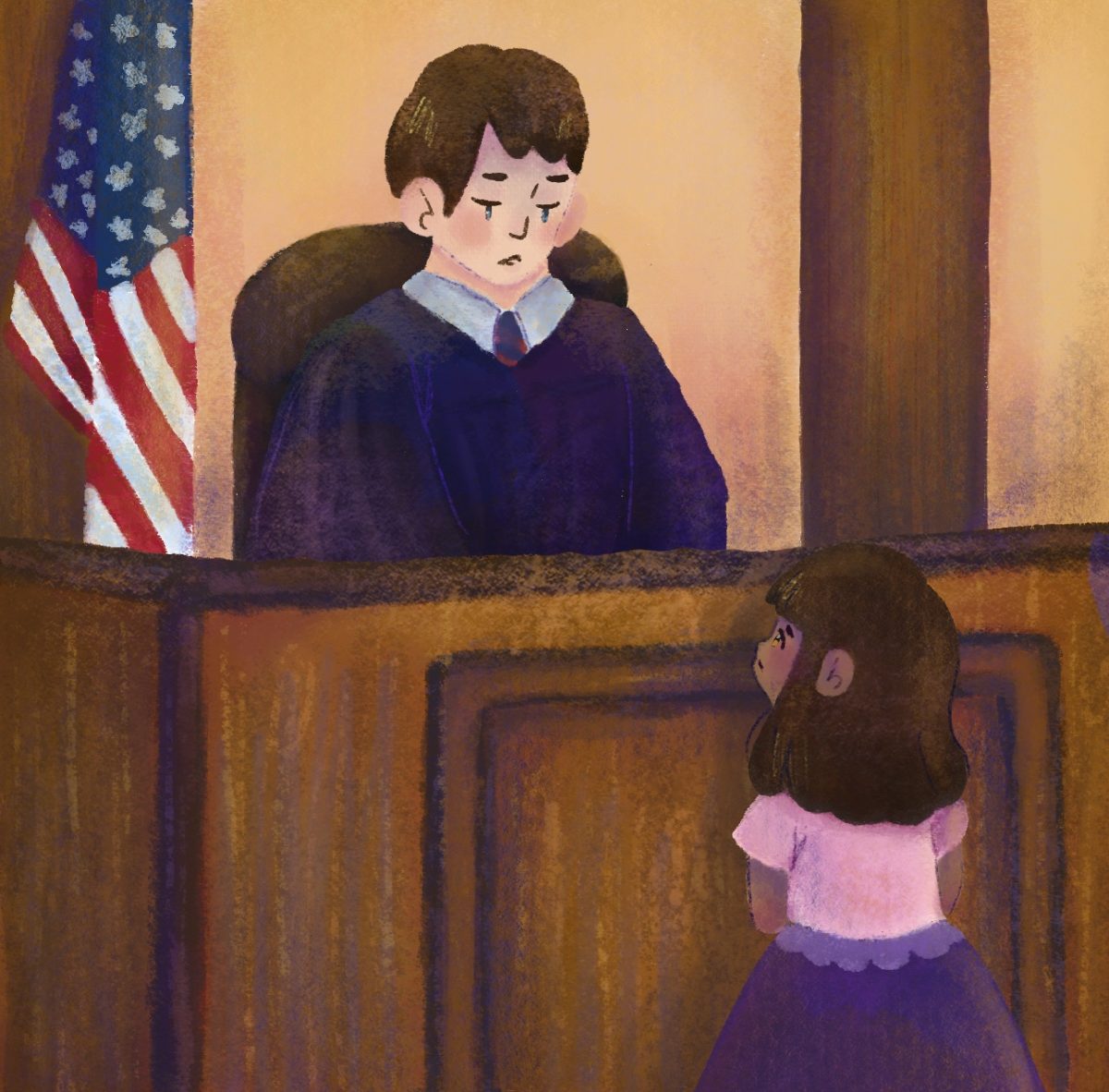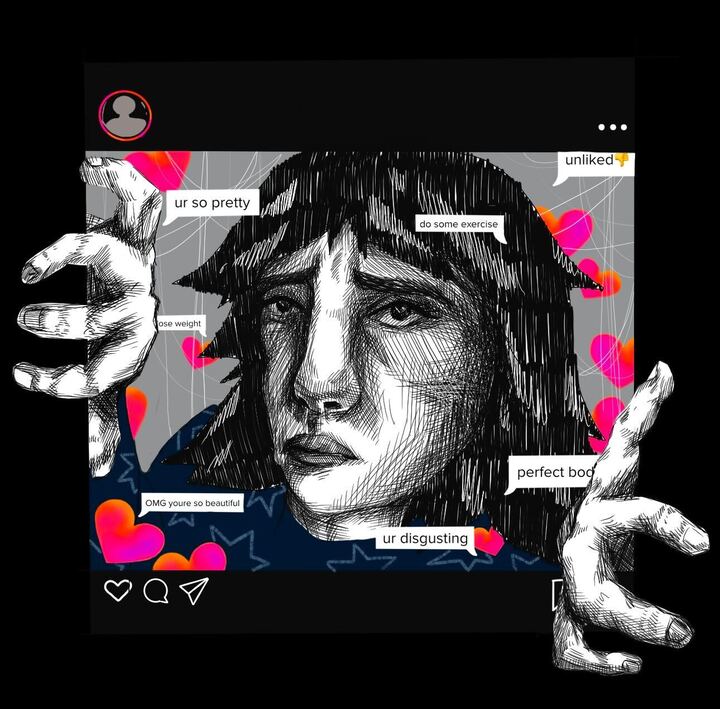
I just spent three weeks in Israel, the Gaza Strip, Jerusalem, and the West Bank. Many of my preconceived notions were challenged and discarded. I learned about people’s daily lives by staying with both Israeli and Palestinian families.
I left the Holy Land with more hope for peace than I ever had before.
One of the people I met was a young Israeli Navy veteran who agreed with a settlement freeze, and cited settlements as a main obstacle to peace.
In Jerusalem’s Old City I met an Israeli Army veteran at a Christian Palestinian owned restaurant and bar. He said he wasn’t a bad person and that he and his friends didn’t do any of the bad things mentioned in the Goldstone Report. I told him I believe him and that I know Israeli soldiers aren’t bad people. It’s the commanders who are responsible for giving unjust orders.
I continued, “I rode on an Israeli bus to Jerusalem. I met good decent people, none of whom deserved to die.” I added that I cried when I watched “Schindler’s List,” just like I’ve cried watching documentaries about Palestinians. He must’ve never heard an American with a keffiyah sympathize with Jewish suffering.
Letting his guard down, he remarked that he wouldn’t join the Army again if he could go back, “It’s not because I don’t support Israel. I just don’t want to risk my life for the people running this country that don’t represent me and my friends.”
He conceded the Separation Wall had to fall and the Occupation was unjust. I remarked, “I’m amazed how much more reasonable and open-minded the Palestinians and Israelis like you I’ve met on this trip are, compared to the people I know at my school.”
He explained, “It’s because we have to live here with each other and deal with the consequences, the people in the US don’t.” An hour of heartfelt conversation and a few beers later, we exchanged Facebooks and made a pact to only talk about peace from now on.
I was also able to march with hundreds of Israelis to Sheikh Jarrah, East Jerusalem in support of Palestinian families living in tents outside the homes they were kicked out of by settlers.
The 120 “settlements” in the West Bank are Israeli cities built on Palestinian land captured in the Six Day War of 1967. They are home to 480,000 settlers.
Having had the chance to drive through the East Jerusalem settlement of Pisgat Ze’ev, I saw the inequality firsthand. Anees, a Palestinian resident of the East Jerusalem city of Beit Hanina, told me he’s required to pay taxes to Israel.
But, the money pays for manicured lawns and public pools in the settlement next door while his neighborhood’s roads crumble and garbage goes uncollected. I think “no taxation without representation” is a concept Americans understand well.
These settlements are illegal under international law: the transfer of an occupying power’s civilian population into occupied territory is a violation of Article 6 of the Fourth Geneva Convention.
Palestinian life is disrupted on a daily basis by the 227 checkpoints and 541 other obstructions to freedom of movement in the West Bank.
In trying to leave Ramallah for Jerusalem, I got stuck in the Qalandia checkpoint for two and a half hours. Palestinians in Ramallah aren’t allowed to enter Jerusalem without rarely granted written permission from Israel.
Inside the checkpoint’s cage, I met Osama Jamil M. Al-Bast, a Director General in the President’s office of the Palestinian Authority. He showed me his one day permission slip
for Jerusalem to attend an official meeting with European Union diplomats. I was next to him when the call that he missed the meeting came in.
He told me that once you’re in the second cage of the checkpoint you can’t go back. So, he had to wait another half hour before he could go through just to turn around again.
Being in a checkpoint was degrading, humiliating, and infuriating. I knew I would get through, but I still felt imprisoned and helpless. Checkpoints cause children to be late for school and students to miss exams.
In 2008 Nahil and Muayad Abu Rideh’s baby died stillborn due to a forty minute delay at a checkpoint. Sixty-six Palestinians have died since 2000 due to Israeli-imposed delays in receiving medical care at checkpoints (B’tselem).
Upon finally making it back to Jerusalem, I took a taxi to the bus station. I was still fuming from my checkpoint ordeal, and the Israeli driver told me, “The checkpoints are there to make the Palestinians leave Palestine. The only one that cares for the people here is God. Only God can make peace.”
These Israeli government policies don’t represent every Jew throughout the world or what’s in the hearts of most Israelis. The people are way ahead of their leaders on this.
Everywhere I went, I found that people want the same things: the ability to earn a decent living, to be treated with respect, and hope of a better future for their children. Peace is possible.





